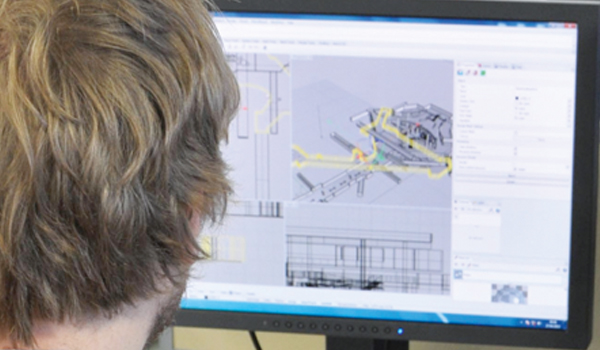E-forms allow officers to spend more time on patrol
An electronic forms system, trialled by Lancashire Constabularys Eastern Division Road Policing Unit, has increased the visibility of officers to the public by up to one hour per shift per officer. It has also demonstrated a significant reduction in paperwork, resulting in less frustration for officers and more efficient and accurate ticketing.

An electronic forms system, trialled by Lancashire Constabularys Eastern Division Road Policing Unit, has increased the visibility of officers to the public by up to one hour per shift per officer. It has also demonstrated a significant reduction in paperwork, resulting in less frustration for officers and more efficient and accurate ticketing.
Called Form Patrol, the electronic forms system provided by HeliMedia, replaces traditional paper-based processes and is the first mobile data application in the UK used to issue Fixed Penalty Notices (FPNs). It was also used in the trial to issue eight types of other e-forms including Stop and Search forms.
Following the trial, a full evaluation report has been written by Lancashire Constabulary and HeliMedia Ltd and is available to other police forces.
Form Patrol runs on handheld computers such as Windows Mobile devices, together with a back end which integrates with the polices existing systems, such as intelligence databases and central ticket office facilities. Ticket and form designs are fully configurable.
Stuart Fillingham, head of ICT at Lancashire, said: The current process for issuing fixed penalty notices requires officers to carry a batch of blank forms with them, these are then completed by hand at the scene of the incident, a copy given to the recipient, then on their return to station the officer then puts the completed form in the internal mail where it goes via supervision to an input bureau. The time delay can be days and about 20 per cent of forms are returned to officers with queries or errors.
Using Form Patrol, information is quickly collected and disseminated into Lancashires own intelligence database, known as Sleuth. Critical intelligence gathered whilst carrying out stop-and-search duties can be made available to officers in a matter of hours, rather than days when using traditional paper-based process.
The scheme, initiated by HeliMedia, is part of a wider mobile technology initiative at the constabulary. It already has already deployed more than 1,000 personal digital assistants (PDAs) and 200-plus in-vehicle systems accessing local and national systems to increase officer visibility and effectiveness.



